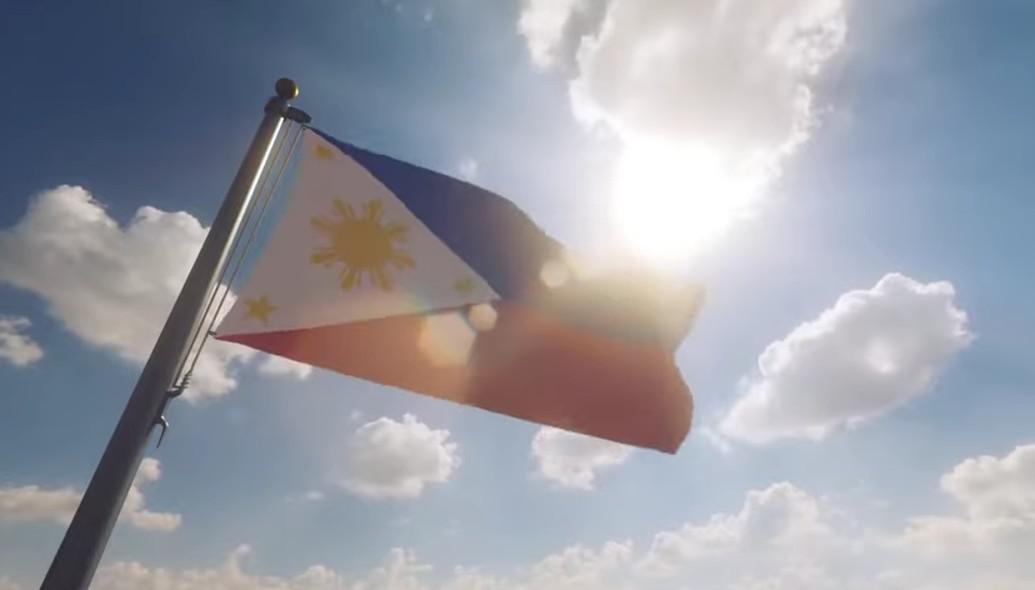Philippine President Ferdinand Marcos Jr. signed an Act that completely bans offshore iGaming operators in the country. The new law repeals the previous Act, which regulated the taxation of POGOs.

Philippine President Ferdinand R. Marcos Jr. has signed into law the “Anti-POGO Act of 2025” (Republic Act 12312), marking a decisive move to dismantle the country’s once-thriving offshore gambling industry. The law specifically targets Philippine Offshore Gaming Operators (POGOs), which provide online betting services primarily to foreign clients.
The new law repeals Republic Act 11590, the legislation that previously regulated and taxed POGO activity. For years, offshore operators were promoted as a source of government revenue and employment — but concerns over criminal activity, human trafficking, and national security intensified.
In November 2024, President Marcos laid the groundwork by issuing Executive Order No. 74, which imposed a temporary ban on internet and offshore gambling. Then, in his State of the Nation Address in July 2024, he publicly linked POGOs to chains of criminal syndicates, torture sites, and cyber-fraud compounds uncovered across the country.
This paved the way for Congress to act: the Senate approved the bill on June 9, 2025, followed by the House of Representatives on June 11, 2025. Marcos’ signature now makes the ban permanent.
Under the new legislation, operating or assisting in offshore gambling is now a criminal offense. The penalties increase with repeat violations:
Stricter sanctions apply if the offender is a government official. Meanwhile, foreign nationals convicted under the law will be deported after serving their sentence and permanently banned from re-entering the Philippines.
The law was principally sponsored by Senators Win Gatchalian and Risa Hontiveros. Senator Hontiveros, who chairs the Senate Committee on Women, Children, Family Relations, and Gender Equality, praised the measure and thanked law enforcement officers and whistle-blowers who helped expose POGO-related crimes.
Former senator and human rights lawyer Leila M. de Lima also welcomed the law, urging authorities to ensure that operators don’t simply rebrand under new business categories or relocate operations underground.
The Catholic Bishops’ Conference of the Philippines (CBCP) has repeatedly warned that the rise of offshore gambling has deep moral, psychological, and social repercussions — particularly affecting poorer and vulnerable groups.
Pastoral letters read across churches in recent months characterized POGOs as a source of community breakdown and widespread exploitation.
With the law now in effect, enforcement becomes the critical test. Authorities must identify remaining POGO hubs, dismantle cyber-fraud compounds, repatriate trafficked foreign workers, and strengthen cooperation with governments connected to offshore gaming networks.
The Marcos administration has framed the move as part of a broader effort to restore public order, uphold human dignity, and prevent criminal syndicates from using the Philippines as a staging base.
